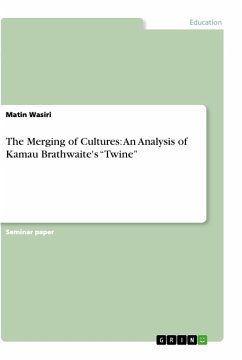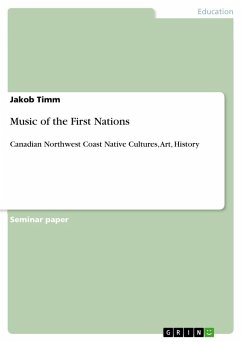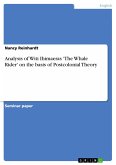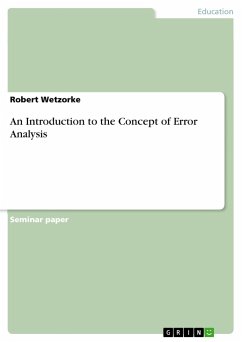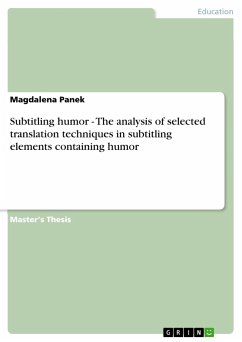Seminar paper from the year 2012 in the subject Didactics - English - Applied Geography, grade: 1,0, University of Dortmund, course: English-Speaking Cultures of the World, language: English, abstract: The historical horizon of Brathwaite's poem "Twine" is far-spanning, leading from the geological formation of the Caribbean island group to the conquering of the then-putative India by Europeans. Due to this well-diversified topical focus, it is difficult to follow every aspect in this long poem. Not only does Brathwaite brush on many details with only a few or sometimes even with just a single word, but his use of slang, enumerations, metaphors, rhetorical devices, and personal names make it necessary to scrutinise the text in order to understand more than just the obvious gist of it. For most readers the message will probably be the justified accusal of the European colonial oppressors and the evocation of African ancestry as a counterpoint to these atrocities. But when looking closely at the details, ideally keeping the poem's title in mind - a twine is a two-threaded string - the question arises if the clear role allocation of Europeans on the one, and indigenous people of Africa and America on the other side, is really the line that Brathwaite draws in his analysis of the historical events.

